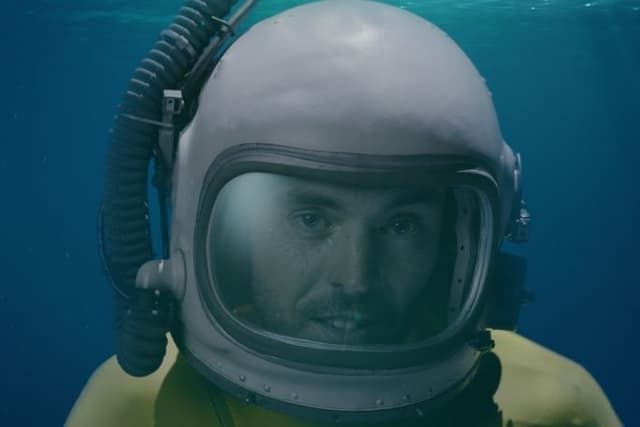
2040 - Tuning In to the Documentary (Secondary)
Lesson2 of 4 in this unit
SecondaryYear 7 - 10EnglishScienceEnvironmentalClimate ChangeSustainability
Summary
Lesson Guides and Printables
Lesson Plan

Student Worksheet

Teacher Content Info


Lesson Plan

Student Worksheet

Teacher Content Info
